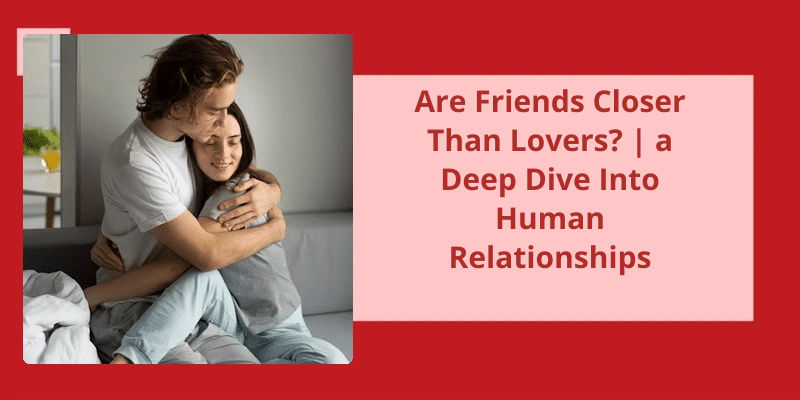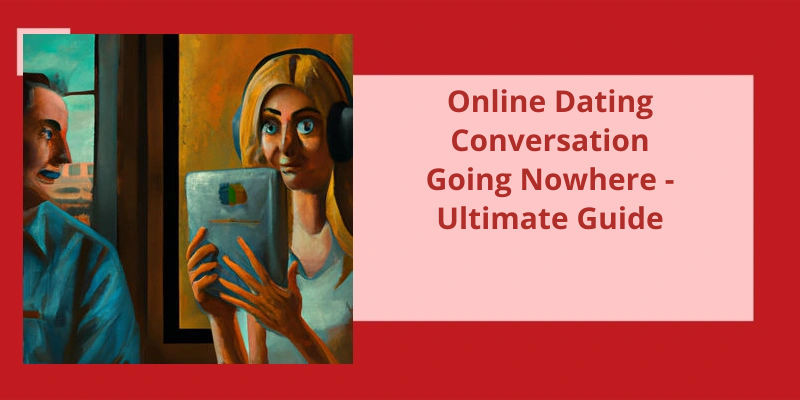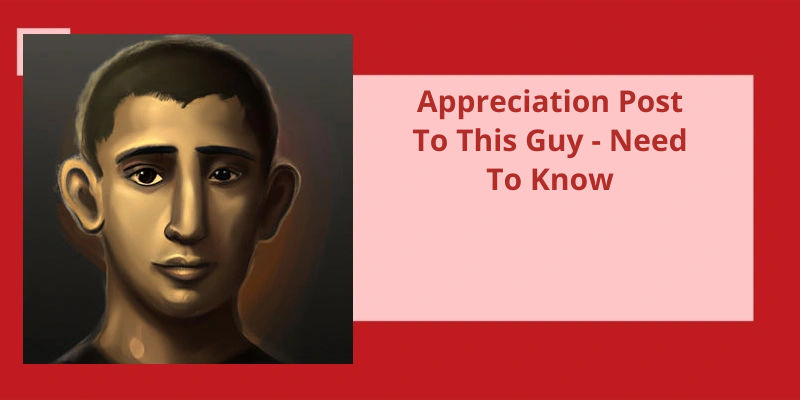Human relationships are a complex and nuanced topic that’s fascinated researchers, philosophers, and poets for centuries. One of the most debated themes in the field of relationships is the concept of whether friends are closer than lovers. While some argue that romantic partners share a deeper level of emotional and physical intimacy, others contend that the bond between platonic friends can be just as strong, if not stronger, than that between individuals in a romantic relationship. This question has sparked numerous discussions, studies, and personal reflections, as individuals attempt to grapple with the nature of human connection and the different forms it can take. Ultimately, the answer to this query may vary from person to person, as each individual has their own unique experiences and perspectives on the importance of friendship and romance in their lives.
Do Close Friends End Up Dating?
According to recent research, close friendships have a high likelihood of turning into romantic relationships. In fact, around 70 percent of all romantic relationships are thought to have started out as platonic friendships. This is a significant finding that challenges traditional notions of how relationships progress. It suggests that strong emotional connections and deep levels of friendship can lead to something more.
Interestingly, only a small minority of people intentionally become friends with someone they’re romantically attracted to. In fact, only around 18 percent of respondents to the study reported that they pursued a friendship with someone they were interested in. This highlights the fact that, for many people, friendship comes first. It’s only after getting to know someone well, and building a rapport with them, that romantic feelings start to develop.
This research also sheds light on the importance of communication within friendships that are developing into romantic relationships. Many people are hesitant to take the leap from friendship to romance, for fear of ruining the friendship. However, the study found that open and honest communication about feelings can actually make the transition smoother. Couples who were able to have honest conversations about their changing feelings were more likely to have successful, long-lasting relationships.
Firstly, people tend to be attracted to those with whom they share common interests and values. As friends, people are more likely to have this connection than if they were strangers. Additionally, friendships are built on trust, which is an important component of romantic relationships.
Some people simply don’t have any romantic feelings for their friends, or may be in committed relationships with someone else. However, the research suggests that the likelihood is higher than previously thought. This is important information for anyone who may be hesitant to cross the line from friendship to romance.
The differences between a close friend and a lover might seem self-explanatory, but they can be more complicated than they appear at first glance. While both types of relationships involve intimacy and emotional connection, romantic relationships also come with their own unique set of challenges and expectations. This article will explore the nuances of each type of relationship to better understand what sets them apart.
What Is the Difference Between Close Friend and Lover?
The key difference between a close friend and a lover is the level of romantic intimacy that exists between the two individuals. This attraction can manifest in a variety of ways, from physical touch and affection to more intimate moments of sexual intimacy.
This commitment can involve elements of exclusivity, monogamy, and a shared vision for the future, all of which can help to build a stronger, more stable relationship over time.
As we navigate the complexities of romantic relationships, it’s important to understand the challenges that come with them. While friendships can be profound in their own right, the level of intimacy required in romantic relationships can make them all the more difficult to maintain. From navigating communication to balancing individual needs, let’s take a closer look at the reasons why romantic relationships can be more challenging than friendships.
Why Are Romantic Relationships Harder Than Friendships?
With friendship, there’s usually a level of physical distance that helps to ease any intense emotional attachments. However, with romantic relationships, the constant proximity can make it challenging to deal with any differences or conflicts that may arise.
Another reason why romantic relationships can be harder than friendships is the expectation for monogamy. This added pressure and responsibility can put a strain on the relationship and make it difficult to maintain over time.
In addition to this, romantic relationships tend to involve a great deal of sacrifice and compromise. To make a relationship work, both partners usually need to make significant sacrifices and changes to their lifestyles. This can be difficult to navigate, especially if both partners aren’t willing to put in the effort and make changes for the other person.
The intensity of romantic relationships can also make it more difficult for individuals to maintain their own sense of identity and independence. In some cases, people may feel like they’ve lost a sense of themselves in the relationship as they try to accommodate their partners needs and wants. This can lead to feelings of resentment and frustration, further complicating the relationship.
Finally, romantic relationships often come with a great deal of pressure from societal expectations. Many people feel pressure to be in a relationship or to get married by a certain age, leading them to rush into relationships that may not be fulfilling or compatible.
Communication Differences Between Friendship and Romantic Relationships.
- Communication in friendships is often casual and informal
- There may be less pressure to always say the “right” thing in a friendship
- Romantic relationships may involve more intentional and thoughtful communication
- Partners may feel more pressure to express their feelings and communicate effectively
- Communication in romantic relationships may also involve discussing more serious or sensitive topics
- Both types of relationships require good communication skills for a healthy, successful relationship
Source: Why are romantic relationships typically harder to manage …
Human emotions are complex and dynamic, and it’s not uncommon for close friendships to evolve into romantic relationships. In fact, it’s a common storyline in movies, books, and TV shows. However, just because it’s possible for a friend to become a lover doesn’t mean it’s always a good idea. In this article, we’ll explore the nuances and potential pitfalls of transitioning from friends to lovers.
Can a Close Friend Become a Lover?
However, it’s important to note that not all friendships have the potential to evolve into a romantic relationship. When a close friend becomes a lover, it can be a beautiful experience. There’s already trust, respect, and understanding between the two individuals, which can make for a strong foundation for a romantic relationship.
One of the advantages of starting a relationship with a close friend is that both individuals already know each other’s quirks, strengths, and weaknesses. They may have already seen each other at their best and worst, which could mean that they’re more equipped to handle the ups and downs of a romantic relationship.
It’s important for both individuals to have open and honest communication when transitioning from friends to lovers. Both parties should make sure that they’ve a shared understanding of what the relationship means and what each person expects from it. It’s also important to set boundaries and respect each other’s emotions and feelings throughout the process.
Understanding the concept of friend love, also known as platonic love, is an important aspect of any relationship. While it’s often misconstrued as a lesser form of love, platonic love plays a vital role in maintaining emotional connections with those closest to us. It’s important to recognize the value of this love and the bond it fosters between individuals.
What Does It Mean to Love Someone as a Friend?
Platonic love is a unique kind of love that’s often overlooked in a world where romantic relationships are given the most attention. This kind of love is characterized by a deep emotional bond that two people share, and a sincere desire to see each other happy and fulfilled. People often find this kind of connection with someone they meet in school, at work, or in social gatherings.
Loving someone as a friend means that you truly value that person for who they are. You accept their flaws, and you support them through their challenges without expecting anything in return. You respect their individuality and their choices, and you celebrate their successes with genuine happiness.
One of the benefits of having friends that you truly love is that they can help you grow and develop as a person. They can challenge you to be a better version of yourself, and they can provide a listening ear when you need to vent your frustrations or share your joys. With a friend that you love, you can be your true self without fearing judgment or criticism.
The kind of love that comes with friendship is also highly resilient. Unlike romantic relationships that can often end in heartbreak, friendships can endure the test of time. Even if you don’t see your friend every day or talk to them regularly, you know that they’ll always be there for you when you need them.
It’s a bond that can sustain both people through the ups and downs of life, and it offers a unique kind of support and companionship that’s hard to find elsewhere. Whether your friend lives down the street or across the world, the love you share can stay strong, and continue to grow even stronger as time passes.
It’s often said that the line between friendship and romantic relationships can be blurry, leaving many to wonder what separates the two. While there are several factors that distinguish the two, one of the most significant differences is how they’re governed. While relationships are partly dictated by societal norms and expectations, friendships are entirely controlled by their own unique dynamics. In this article, we explore the nuances of friendship versus romantic relationships, including the many ways in which they differ.
What Separates a Friendship From a Relationship?
Friendship and relationship are two distinct forms of human connection that are often confused with each other. Both share similarities and differences. The primary motivator of a friendship is social intimacy while relationships are intimate connections that involve romantic and sexual partnerships between two people.
Romantic relationships are often more intense in emotional experiences than friendships. Romantic partners usually share a deeper level of vulnerability, trust, and intimacy. However, this isn’t to say that friendships cant be deep, meaningful, and emotionally fulfilling.
Furthermore, communication is different in friendships and relationships. Communication in friendships tends to be more informal, direct, and straightforward. While in relationships, communication is more intentional, purposeful, and sometimes strategic. In a romantic relationship, communication is often used to resolve conflicts, make plans, and express love in a more formal way than in friendships.
Regardless of the differences, both forms of human connection bring value, joy, and fulfillment to our lives. Understanding the similarities and differences can help us appreciate the unique roles that friendships and relationships play in our lives and help us build stronger and more meaningful connections with others.
The Benefits of Friendships vs. Relationships: Examining the Unique Benefits That Friendships and Relationships Offer to Individuals and Societies.
This article explores the different advantages that friendships and romantic relationships provide for people and communities.
Conclusion
Ultimately, both friendships and romantic relationships have the potential to foster deep connections and bring immense joy and fulfillment to our lives. It’s up to each individual to determine which type of relationship brings them the greatest sense of closeness and fulfillment.






